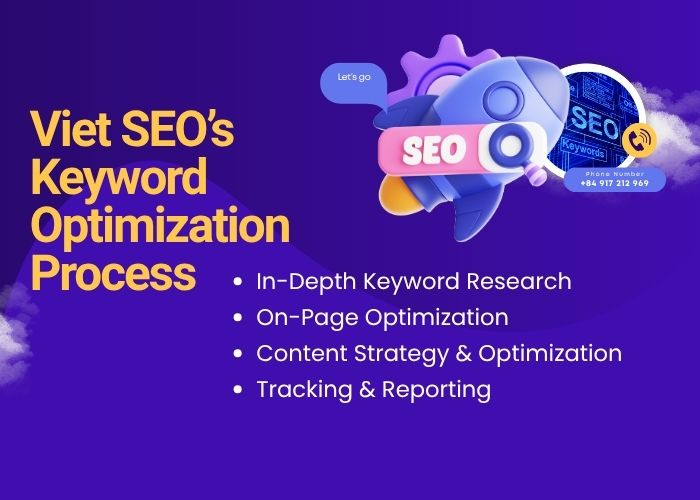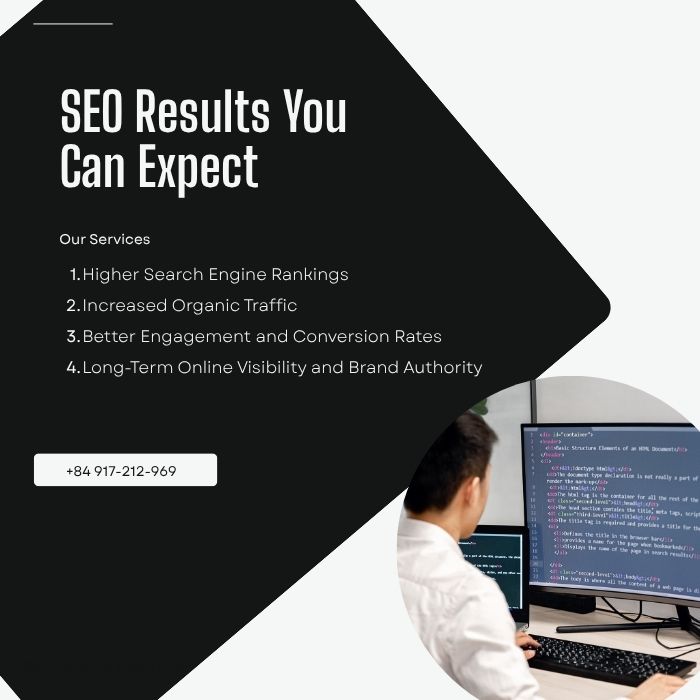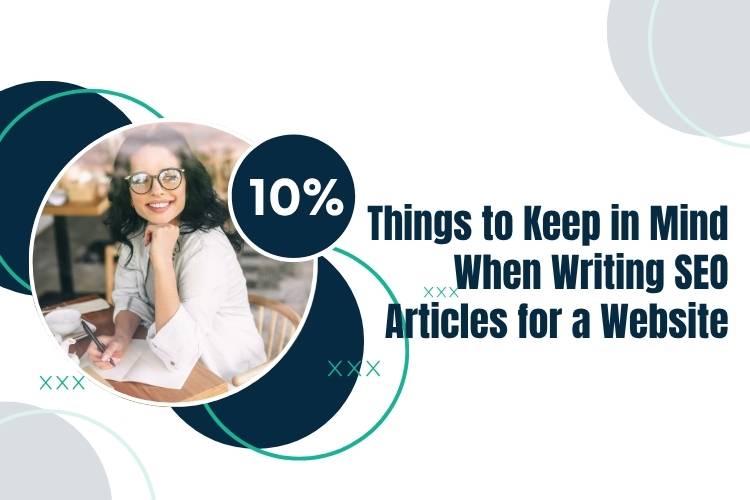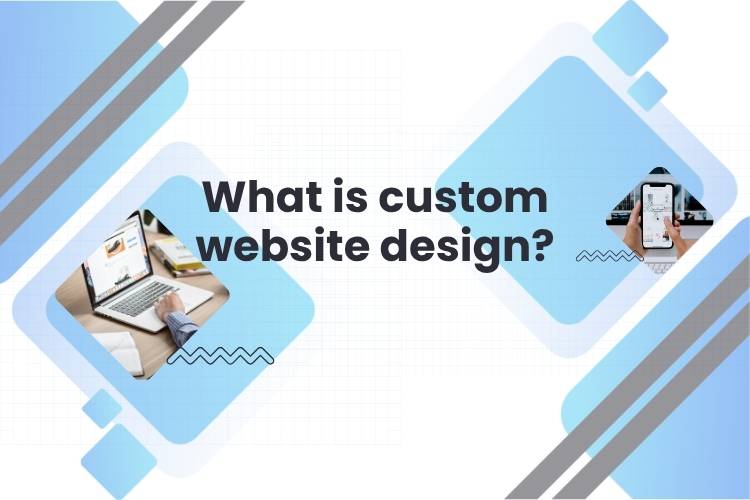Vietnam Keyword SEO
Keyword SEO Services – More Than Just Ranking on Google
At Viet SEO, we do more than help your website rank at the top of Google for keywords that generate hundreds or thousands of monthly searches.
Our keyword SEO services focus on long-term performance and real business impact by improving:
- Website user experience (UX)
- Page loading speed
- Image quality and optimization
- Clear, transparent, and conversion-focused content structure
Because ranking alone is not enough — your website must convert traffic into real customers.
What Is Keyword SEO?
A keyword is a word or phrase that users search for on Google when looking for products, services, or information.
Keyword SEO is the process of:
- Researching and analyzing search terms relevant to your business
- Selecting the most effective keyword set
- Optimizing your website so it ranks highly when potential customers search for those keywords
Once your website reaches top positions for the right keywords, your business can passively attract hundreds or thousands of potential customers every month, without paying for each click.
Key Characteristics of Keyword SEO
A successful keyword SEO strategy is built on three core foundations:
- Understanding user search behavior
We analyze how real customers search and what they truly want.
- Selecting the right keywords
Keywords with:
- Strong search demand
- High conversion intent
- Balanced or manageable competition
- Comprehensive website optimization
Including:
- On-page SEO
- Off-page SEO
- Content strategy
- Technical SEO
This approach helps Google trust your website and reward it with higher rankings.
The Core Objectives of Keyword SEO
At Viet SEO, we do not focus only on individual keywords. We build sustainable SEO strategies that help your business:
- Increase high-quality organic traffic
- Generate more leads, inquiries, and sales
- Build long-term brand authority in the digital space
Keyword SEO is not just about ranking — it is about business growth and profitability.
Why Businesses Should Invest in Keyword SEO
Today, customers almost always search on Google before making purchasing decisions.
If your website does not appear when they need you most, your competitors will.
1. Maximum Visibility on Google
Ranking at the top for competitive, high-search keywords means:
- Continuous exposure to potential customers
- Higher impression rates
- Visibility at the exact moment of customer intent
Unlike paid ads, SEO traffic is free once rankings are achieved.
2. Reach Customers With Real Buying Intent
SEO is not about traffic volume alone.
Choosing the wrong keywords can bring visitors who never convert.
Example: A web design company ranking for “TikTok advertising” may get traffic — but not the right customers.
Strategic keyword SEO ensures:
- High-intent visitors
- Significantly higher conversion rates than display advertising
3. Long-Term Cost Efficiency
Compared to paid advertising:
- Paid ads: Stop paying → traffic stops
- SEO: Rank high → long-term visibility
SEO requires:
- Higher initial investment
- Minimal ongoing maintenance (≈10% of initial cost)
Over time, SEO becomes more affordable and more profitable.
4. Brand Authority and Trust
Users tend to:
- Trust organic rankings more than paid ads
- Perceive top-ranked websites as more credible and professional
Consistent visibility leads to:
- Strong brand recognition
- Increased trust
- Top-of-mind positioning when customers are ready to buy
5. Superior Conversion Rates
Keyword SEO targets users who are actively searching — not interrupting them with ads.
Typical journey:
- Search → Discover your website → Take action
With optimized UX and content, conversion rates are significantly higher than most marketing channels.
6. Sustainable Competitive Advantage
In a digital landscape where:
- Online purchasing continues to grow
- Competitors invest heavily in digital marketing
Not ranking on Google means:
- Losing new customers
- Gradually losing market share
Keyword SEO helps you:
- Defend your digital position
- Maintain long-term competitive advantage
7. Long-Lasting Results
Unlike advertising campaigns, keyword SEO:
- Has no strict time limit
- Can deliver results for years
With:
- Regular content updates
- Continuous optimization
Your SEO becomes a digital asset, not a short-term expense.
8. Deeper Customer Insights Through SEO Data
Using tools such as:
- Google Search Console
- Google Analytics
You gain insights into:
- What customers search for
- How they find your website
- Which content performs best
- Where users drop off
This data allows you to:
- Improve products and services
- Create content aligned with real customer intent
- Make smarter business decisions
Types of SEO Keywords
1. Short-Tail Keywords
Broad, high-volume terms such as:
- “SEO services”
- “Website design”
Pros:
- High search volume
Cons:
- Extremely competitive
- Requires strong authority and long-term investment
2. Long-Tail Keywords
More specific phrases such as:
- “Keyword SEO services in Ho Chi Minh City”
- “SEO-optimized website design company”
Pros:
- Lower competition
- Much higher conversion rates
- Ideal for early-stage SEO
Long-tail keywords form the foundation for ranking competitive short-tail keywords later.
3. Branded Keywords
Keywords containing your brand name:
- “Viet SEO”
- “Viet SEO agency”
Benefits:
- Strengthen brand trust
- Help customers easily verify and find your business
- Increase credibility in Google’s eyes
4. Local Keywords
Location-based searches such as:
- “SEO company in Ho Chi Minh City”
- “Web design agency in Hanoi”
These keywords indicate strong local intent and are highly effective for service-based businesses.
How Viet SEO Selects the Right Keywords
We never rely on assumptions. Every keyword is selected based on real data.
1. Professional Keyword Research Tools
We use:
- Google Keyword Planner
- Ahrefs
- SEMrush
- Ubersuggest
We analyze:
- Search volume
- Keyword difficulty
- Trend direction
- Commercial intent
2. Competitor Analysis
We identify:
- Who currently ranks for each keyword
- Their strengths and weaknesses
- Opportunities competitors overlook
This allows us to rank efficiently — even against stronger websites.
3. Content-Driven Keyword Strategy
Sometimes, low-volume keywords outperform high-volume ones in conversions.
By leveraging your existing content and niche strengths, we help you:
- Own underserved keyword opportunities
- Convert visitors into real customers more effectively
Viet SEO’s Keyword SEO Process
Keyword SEO requires strategy, technical expertise, and continuous optimization.
1. Keyword Research & Planning
2. Search Intent Analysis
3. Competitor Benchmarking
4. On-Page SEO Optimization
5. Off-Page SEO & Authority Building
6. Content Development & Internal Linking
7. Monitoring, Reporting & Continuous Optimization
All results are measurable, transparent, and aligned with business goals.
Keyword SEO vs. Full Website SEO
Keyword SEO and full SEO are not opposing strategies. They complement each other.
Depending on your business goals, we help you choose:
- Keyword-focused SEO for fast ROI
- Full website SEO for long-term authority
Keyword SEO Pricing
There is no fixed price.
Costs depend on:
- Keyword difficulty
- Industry competitiveness
- Current website condition
- SEO timeline
- Execution method (in-house vs professional agency)
At Viet SEO, pricing is always:
- Transparent
- Data-driven
- Tailored to real business needs
Why Choose Viet SEO?
- Over 18 years of SEO experience
- Expertise across highly competitive industries
- Proven, measurable results
- Ethical, Google-compliant SEO strategies
- Cost-efficient, data-driven execution
We do not promise, we deliver.
Partnership Invitation
For more than 18 years, Viet SEO has partnered with businesses of all sizes.
By choosing our keyword SEO services, you gain:
- Stable, long-term rankings
- High-quality organic traffic
- Stronger brand authority
- Real, measurable business growth
📞 Contact Viet SEO today: +84 917 212 969
We don’t just speak well — we deliver results.





